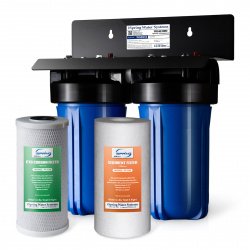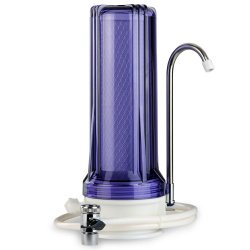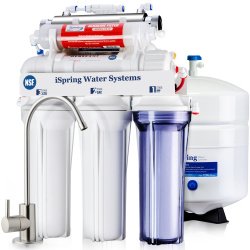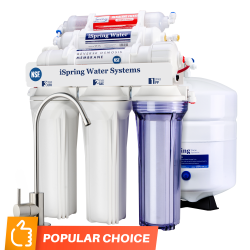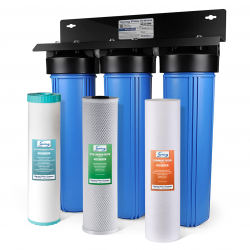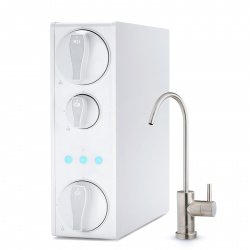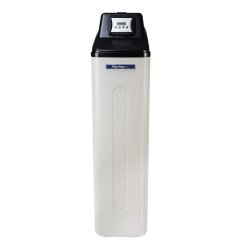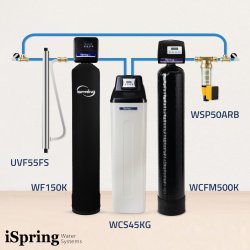
Did you know that a recently published report found more than 22 carcinogens in tap water? This included by-products of radionuclides like radium and uranium, water disinfectants, and arsenic! So how exactly do you find out if the water is safe in your home? While it may take a bit of money, effort, and time, it's worth doing to know the condition of your water.
The first step is to determine what type of water you have in your home, as this will impact the steps you need to take. There are two different types of water, City/Municipal Water and Well Water.
How To Test Your City Water?
If you have city water, there are many different ways to get your water tested. It depends on how deep you want to dive into your water quality and whether you want a surface-level analysis or a deep analysis. Here are the top ways to determine your city water quality.
- Contact Your Water Company
To get a fundamental analysis of your water, you can contact your water provider directly. They're legally required to support you with a Consumer Confidence Report, which tells you about any contaminants that might be in the water. This is a yearly report, meaning that if something has happened before that year mark, you're not going to know until the following report.
- Search The Drinking Water Database
Suppose you want more accurate reports of your water. In that case, you'll want to check through drinking water databases such as the EPA's Drinking Water Watch Program, the Environmental Working Group's National Drinking Water Database, or MyTapWater. This data is more accurate because it pulls from DIY water tests that your neighbors or local area have conducted. Of course, depending on when the test was performed, it may not paint a complete picture of your water quality.
- DIY Water Test
The most accurate way to find out what is in your water is to get it tested yourself. Again, you can choose to go with a basic overview test of your water or an intricate water test. It's important to note that while they can test common contaminants and detect some heavy metals in your water, it cannot test low traces of these metals in your water. Some DIY water tests you can choose from includes:
- • TDS Meter: TDS stands for total dissolved solids in water. A TDS Meter delivers a TDS number informing you of the concentration of completely dissolved particles in the water. The lower TDS means the purer water you have. However, it does NOT mean that the lower TDS the better quality the water has. Whether or not TDS are good or bad depends on what type and amount of materials in the water. Some of the minerals are healthy, while some are harmful. If you need a more detailed test result, you can use a water test kit / strip.
- • Water Test Kit/Test Strips: If you want to learn the intricate details of what contaminants are in your water, you'll want to do one of these tests. But the test results may not be accurate and complete enough due to the limitation of the test kit.
- Get Your Water Tested by A Third-Party Company
If you want the most accurate and complete quality report of your water, you'll want to head to a third-party water testing organization. This should be separate from your water filter company to ensure you get the most objective results. Search through your county health department or Google to find a laboratory near you with a reasonable cost.
How to Test Your Well Water?
Unlike city water, well water is an entirely different story. Well water contains dangerous heavy metals, so it's essential to consistently get the full report on your water to ensure it's safe to drink. You won't be able to find accurate reports through the government or the drinking water database since well water is not regulated by EPA. Instead, you'll want to head directly to step four listed above and submit your water samples to a third-party institution, such as laboratories of university or etc. They usually provide the water test service at an affordable price.
What to Do After Receiving the Water Report?
The water quality report is an important source of information that reflects your water condition. It will cover almost any contaminants detected in your water as well as potential risk for your health. You are welcome to decode the contaminants in your water by yourself but why not get free services from water experts? iSpring Water Systems provides free water consultant services based on your water quality report. We are the leading choice in water filtration for both quality products and helpful customer service. If you’d like to talk with one of our water specialists, you can simply send us your water report here. Our water specialist will get back to you as soon as possible.


